Since the introduction of the “Mussel Watch” approach by Goldberg in 1975, bivalves are widely chosen in the aquatic environments as an ideal bio-monitors for the regular National and Regional monitoring programmes. The current results from the implementation of this approach succeeded to identify hot spots of contaminants and in following up their spatial distribution in the marine environments.
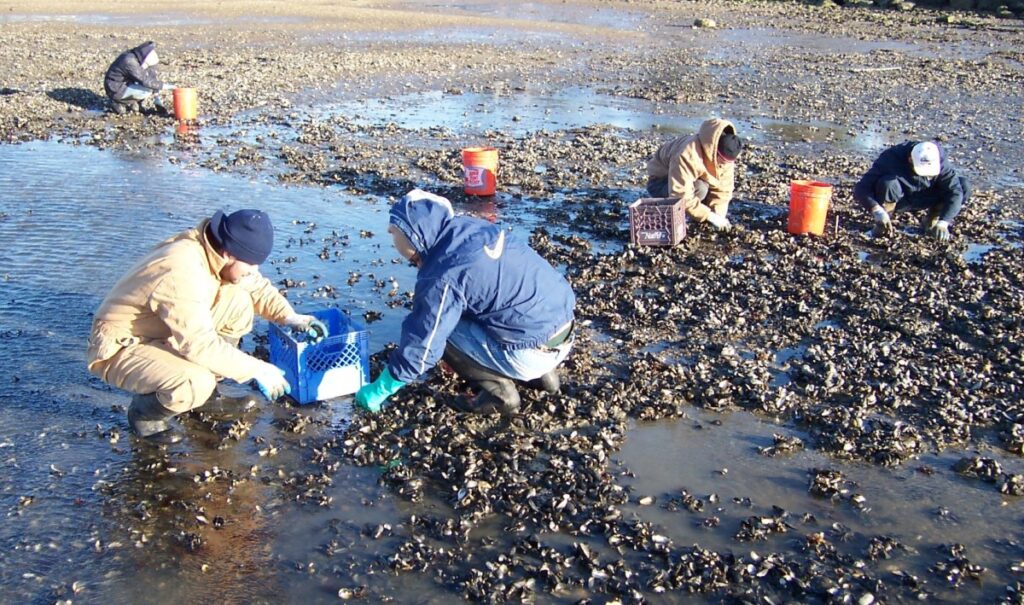
“Mussel Watch” approach based simply on using the characteristic feeding habits of bivalves as filter feeders and can accumulate tremendous quantity of contaminants in their tissues; reflecting the present quality and quantity of bio-available chemicals in their surrounding waters.
ROPME initiative towards the implementation of a Regional Mussel Watch Programme in RSA is a response to increasing public and scientific concern about the quality of the marine environment in the Region. In fact, such programme already implemented successfully almost over the world as an economic and easy monitoring tool and for orienting environmental monitoring activities in the Region towards priorities in the sound integrated coastal zone management.
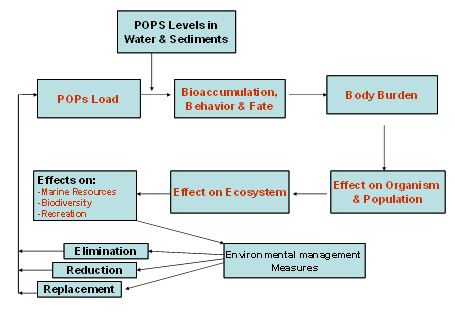
Conceptual model for setting goals and priorities for monitoring of POPS from LBA using RMW in RSA.The first step of the Programme implementation was conducted through holding a Regional Workshop of experts during May 2007 on relevant subjects to Mussel Watch. The objectives of this Workshop aimed to:
- Inventory of available data and information
- Selection of endemic suitable test bivalves organisms
- Experimental sites prioritization
- Identification of experienced field laboratories and needs fortraining
- “Mussel Watch” programme designing
- Standardization of Regional Guidelines (equipments andmethodology)
- Prioritization of monitoring and research issues
- First list of considered contaminants
- Identification of qualified laboratories and needs for capacity building
- QC/QA and inter-calibration issues
- Mussel samples banking
- Exchange, documentation and dissemination of results
- Nomination of regional reference laboratories
- Initiation of a 1-year pilot working plan
The workshop ended by charting out a detailed scientific programme and management plan to ensure the successful implementation of one-year pilot phase. Moreover, a sampling guideline was prepared and Regional Task Force was formed to follow up the implantation of the programme.
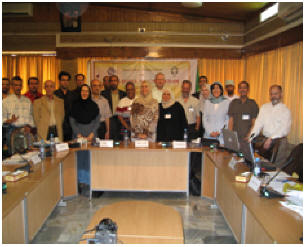
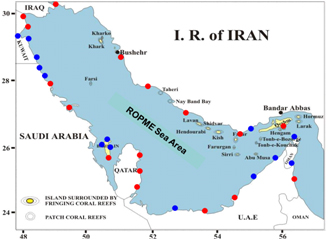
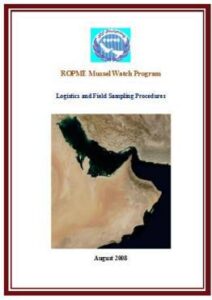
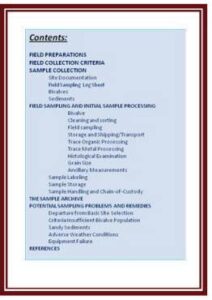
RMW sampling Guidelines for the 1-year pilot RMW Programme
Among the existing bivalves in RSA, the programme limited the monitoring to four species:
- Rock oysters (Saccostrea cucullata) in I. R. Iran and Oman
- Pearl oysters (Pinctada radiata) in Bahrain and Qatar
- Venus Clam (Circentia callipyga) in Kuwait
- Asiatic Clam (Meretrix meretrix) in Saudi Arabia
In this stage of the programme, the target contaminants in bivalves and in their bed sediments were limited to a group of trace metals and petroleum hydrocarbons. The sampling periods were designated to two months a year (November 2007 and May 2008).